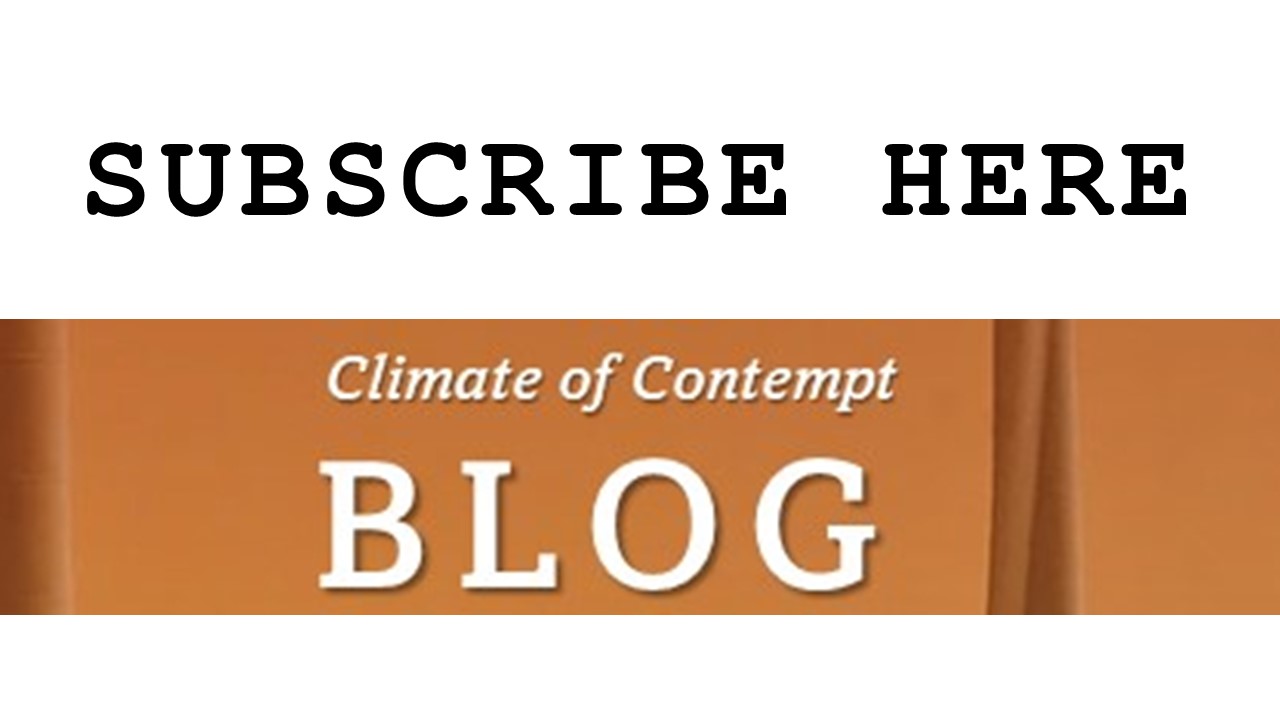Can you have a healthy democracy without a common set of facts? This is the question of 21st century U.S. politics, and the linked article (subscription required) uses it to explain the ways in which the U.S. media feeds anger and polarization. Their analysis is mostly consistent with the research-based analysis I outline in chapter 4 of Climate of Contempt.
One part of the problem is the ease (and success) with which the MAGA-right executes Steve Bannon’s strategy of sowing chaos — “flooding the zone with shit” — in order to deflect attention from policy choices that are unpopular. For example, take a look at the CNN.com front page on December 24:

There are countless stories about the economic, public health, security and environmental risks we face that are far more newsworthy than the remote possibility that the U.S. will annex or purchase Greenland or parts of Canada or the Panama Canal. But those stories don’t generate clicks, and clicks generate revenue.
Another part of the problem is the how modern media supercharges motivated reasoning. It is always difficult to separate “what we want” from our sense of “what is true.” And perhaps the central claim of Climate of Contempt is that the conflation of reporting and advocacy in modern media distorts our understanding of just about everything associated with the energy transition, and with regulatory politics more generally.
For some young people who grew up in this environment, it may be difficult to imagine an alternative, or to understand how things got this way. University of Maine Communication scholar Michael Socolow offers a clear, succinct and authoritative explanation of the problem in a March 2024 episode of NPR’s “On the Media.”
The conversation was prompted by NBC’s hiring and immediate firing of former Republican National Committee Chair Ronna McDaniel. Socolow’s provides a chronology of how broadcast news’ standards — particularly its aspirations to objectivity and the separation of reporting and opinion — eroded gradually over the last 50 years. Along the way he invokes the names of many other political operatives who moved into journalism, and in so doing fills out our understanding of how the educational purpose of broadcast news became so compromised by advocacy and opinion as it is today.
The story may surprise some people. But even if it doesn’t, this episode crams so much good information into sixteen-and-a-half minutes, that there is no need for me to say anything more about it. I hope everyone reading this will listen to it right now. — David Spence


